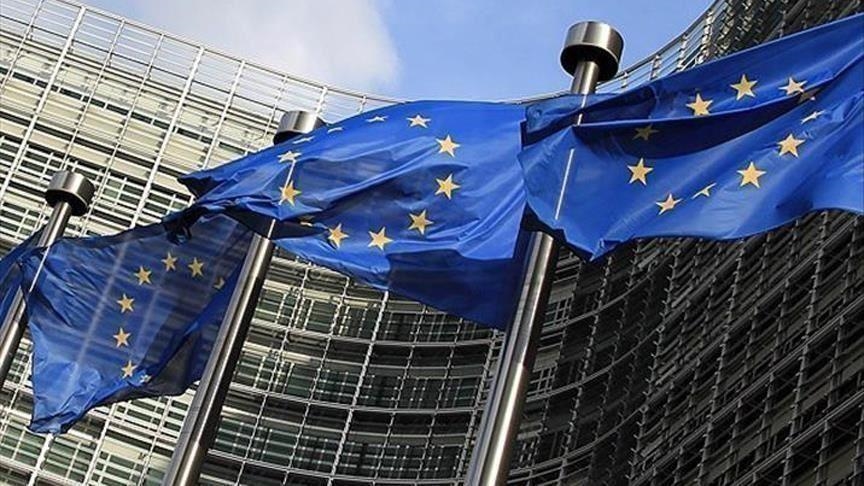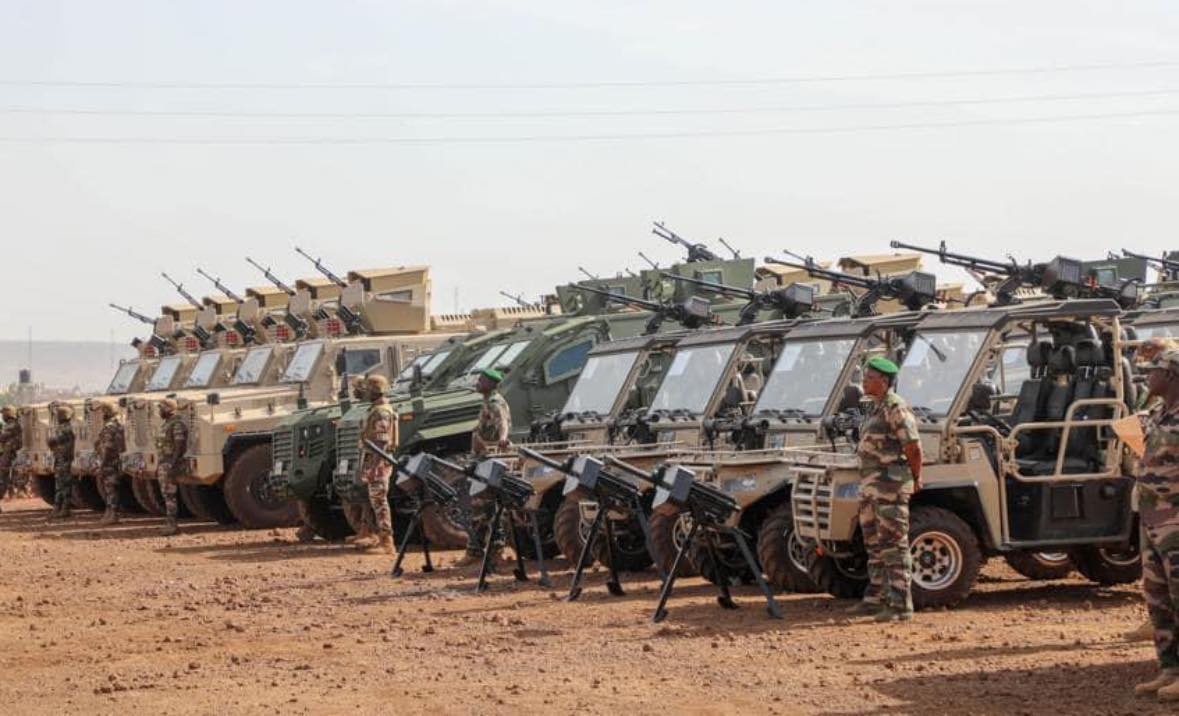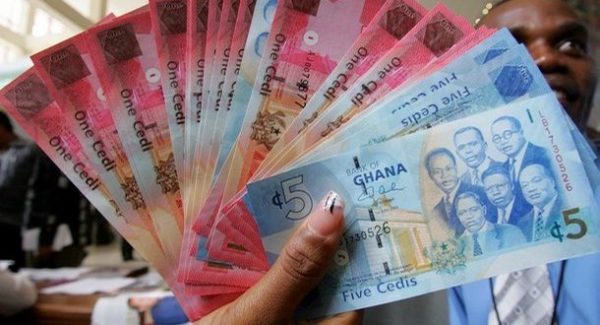The European Union has provided a 50 million-euro military aid package to Ghana to bolster its security forces amid a surge in violent extremist activities by armed groups linked to al-Qaeda and the Islamic State.
The donation, made during a handover ceremony in Accra on Wednesday (26 February), includes advanced communication systems, riverine assets, and civil engineering equipment, such as boats and trucks, aimed at enhancing border security, intelligence-sharing, and counterterrorism efforts. The EU’s support underscores the growing instability in West Africa, where extremist groups linked to al-Qaeda and the Islamic State are expanding their reach. It comes as a decade of EU’s military, humanitarian, and developmental interventions in Mali, Burkina Faso, and Niger have failed comprehensively following military coups in all three Sahelian states.
The Sahel has seen a surge in violence, with recent attacks highlighting the growing regional security threat.
Ghana, as a stable member of the Economic Community of West African States (ECOWAS), is pivotal in preventing the spread of this violence to coastal nations. Ghana’s defense minister, Edward Omane Boamah, expressed deep appreciation for the EU’s commitment, stating that the aid would empower the country’s forces to protect citizens and uphold democratic values. National security advisor, Prosper Douglas Bani, emphasized the need for a comprehensive approach, combining military readiness with community engagement to combat rising threats from transnational crime and extremist groups.
The EU’s engagement with Ghana is part of a broader strategy to counter instability in the Sahel and strengthen regional security through multilateral cooperation, including support for over 70 security-related projects in the country. “European governments should stay involved in the Sahel wherever possible,” said a recent report by the European Council on Foreign Relations (ECFR). “For European governments, this means frankly acknowledging past failures in the Sahel, gathering behind a new strategy for engagement, and supporting Gulf of Guinea states,” according to the ECFR report.



